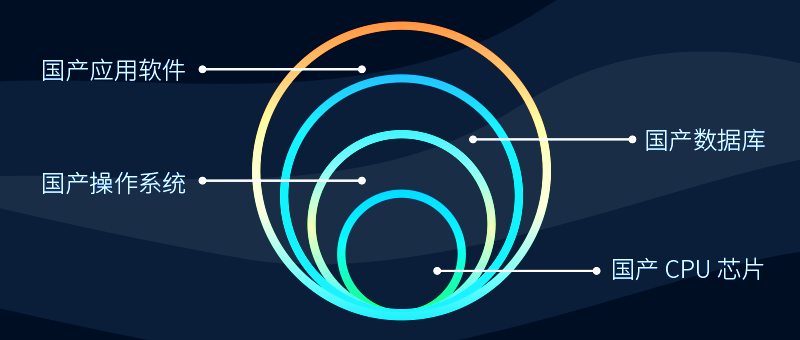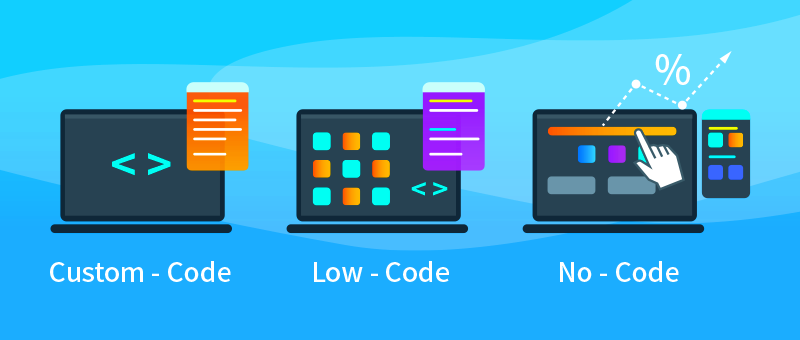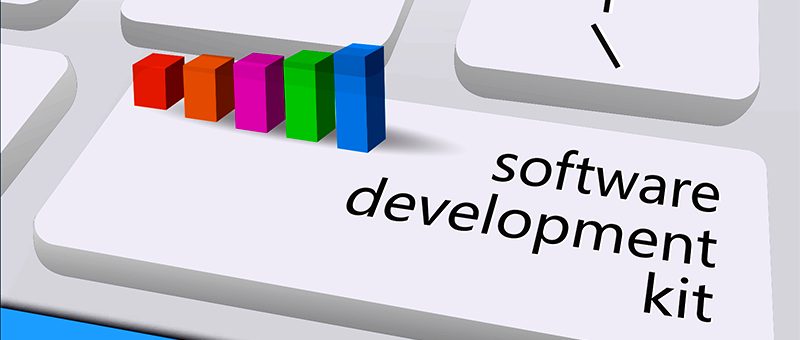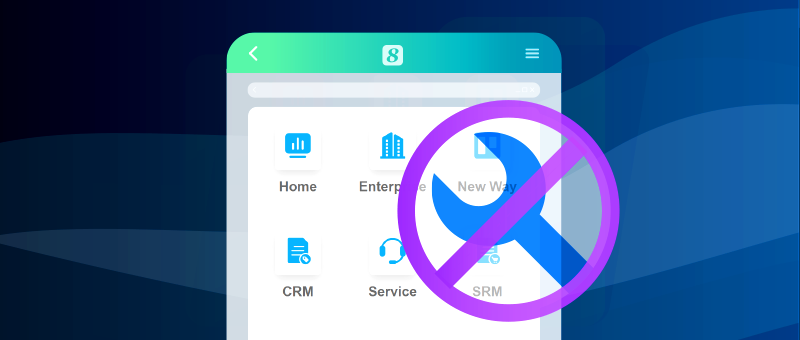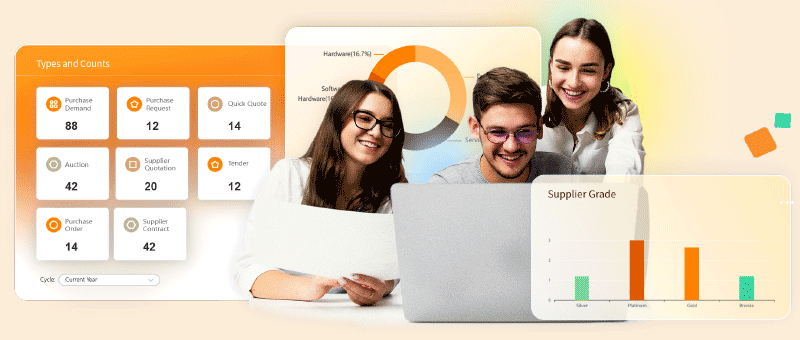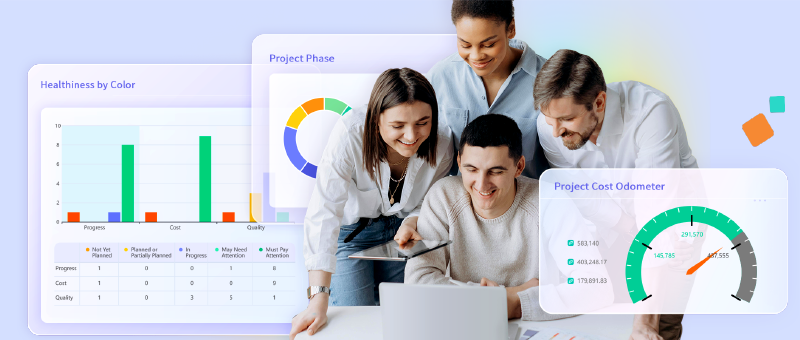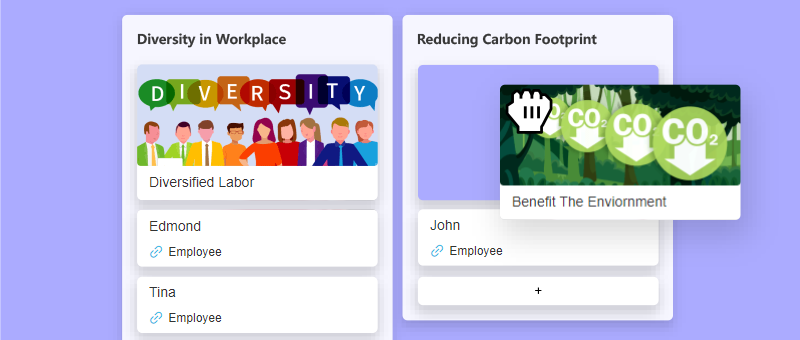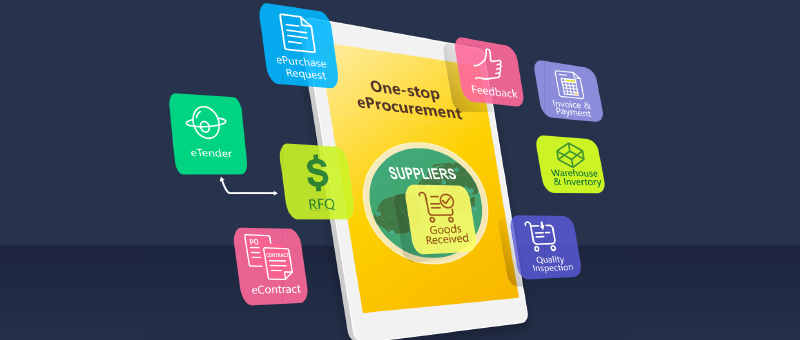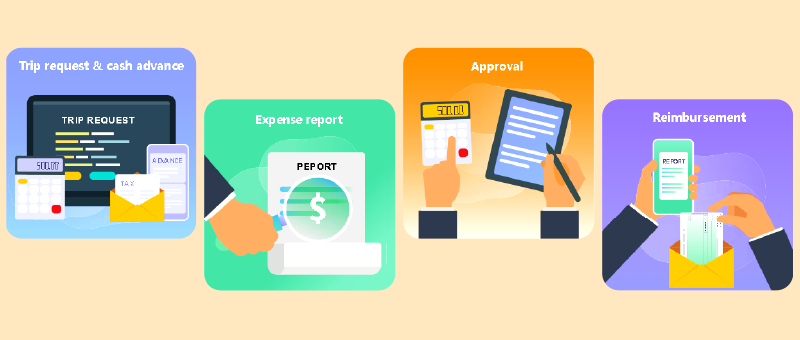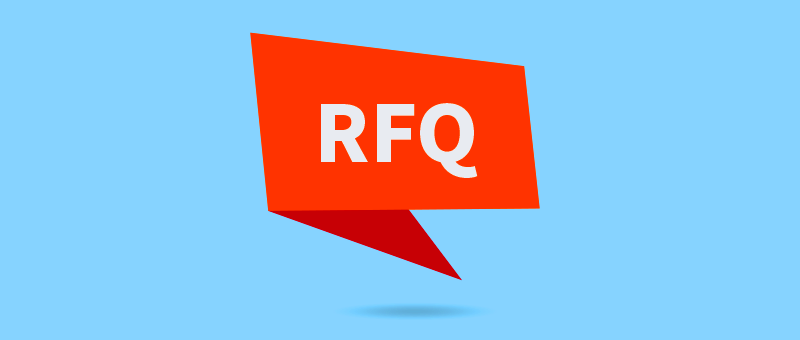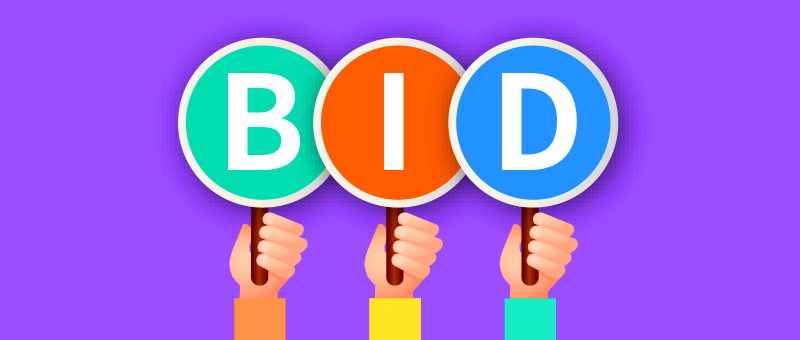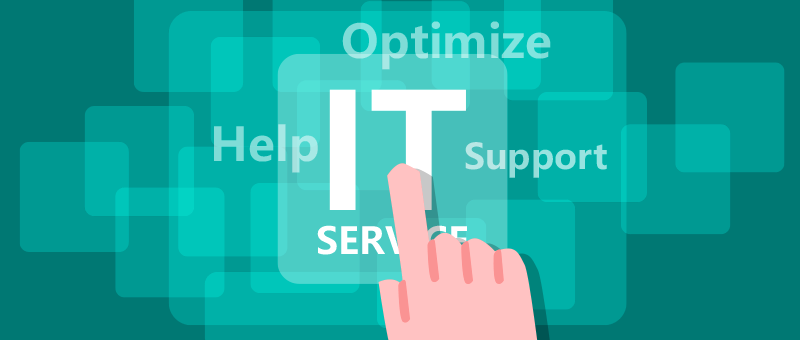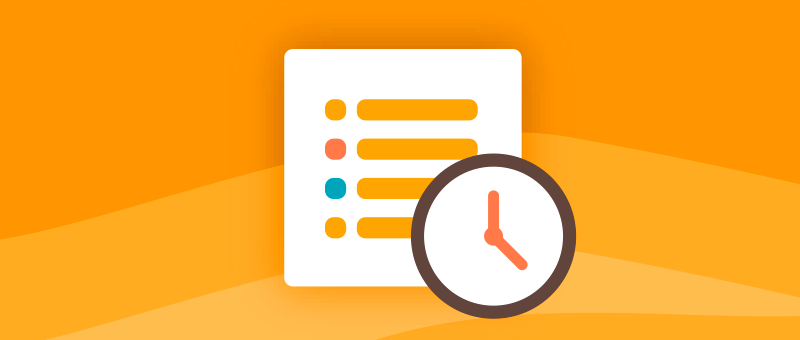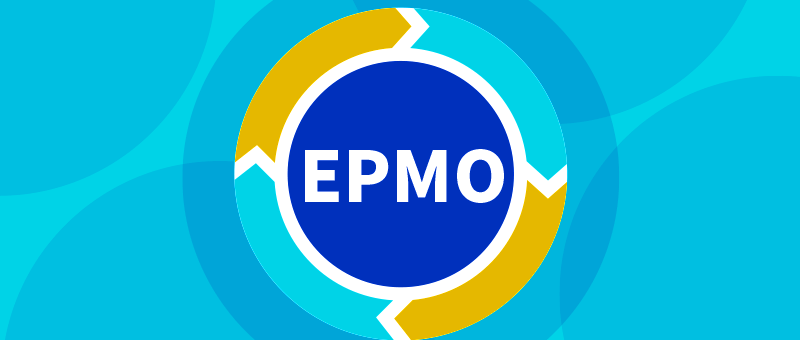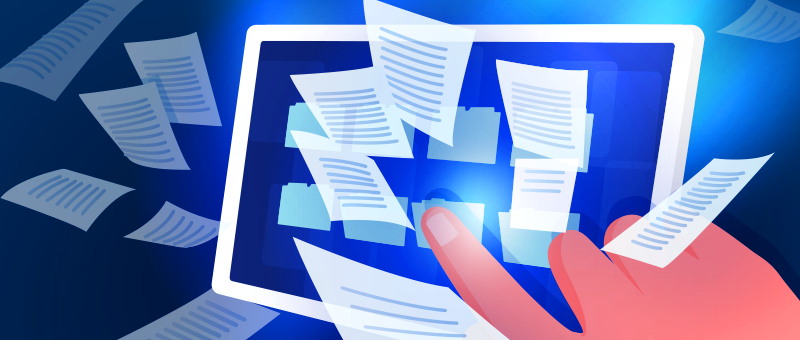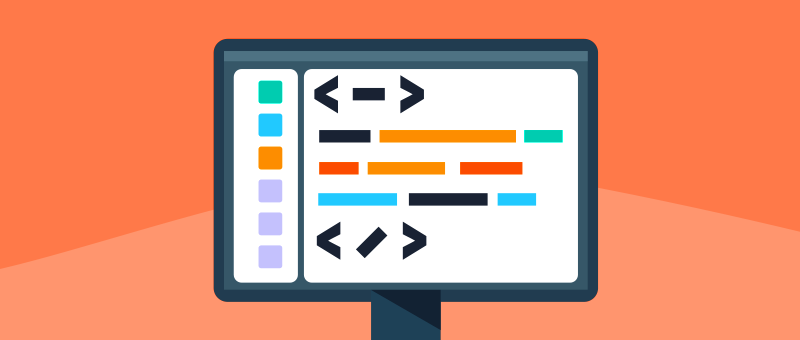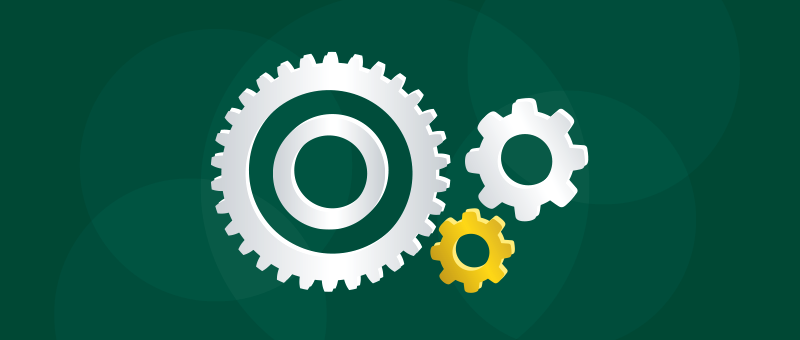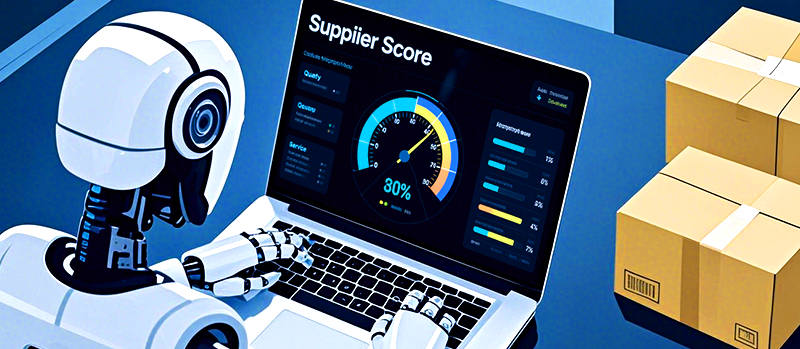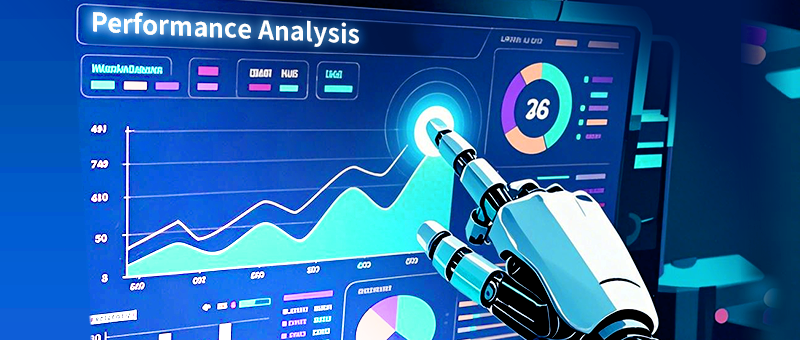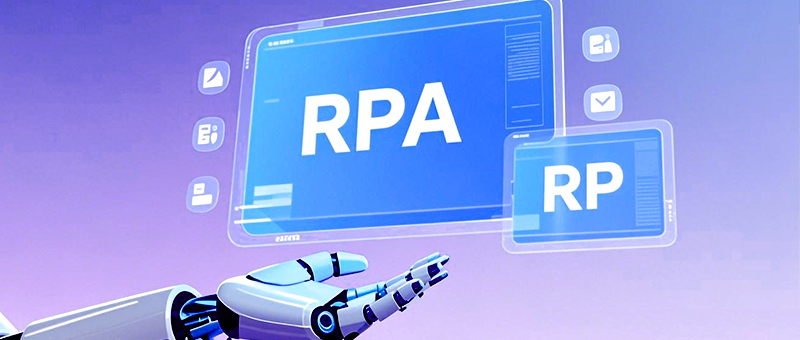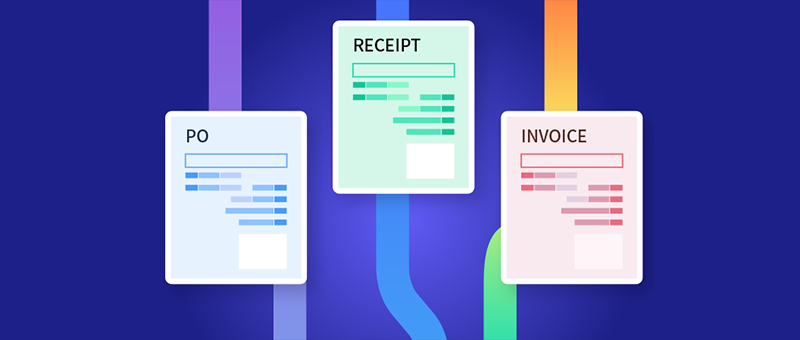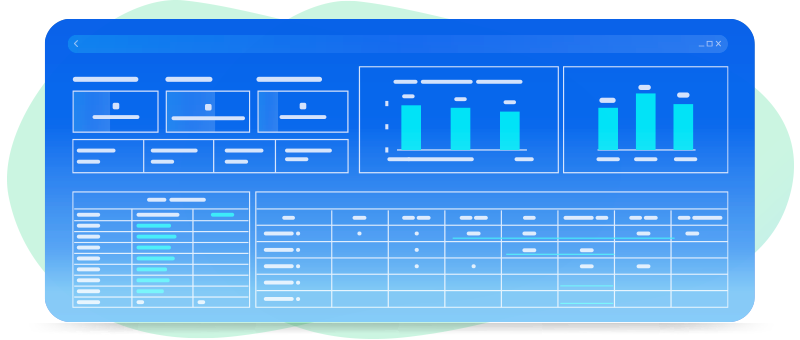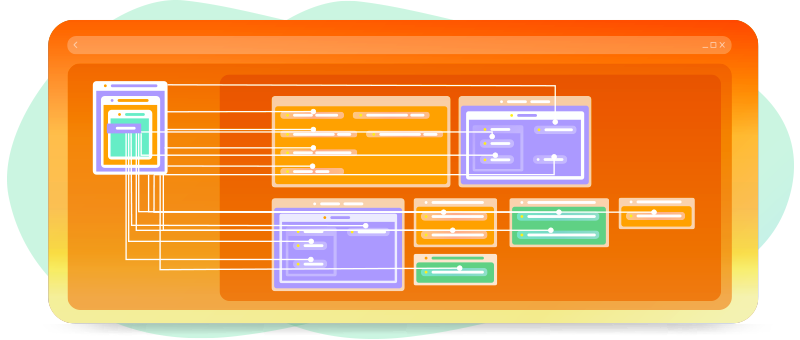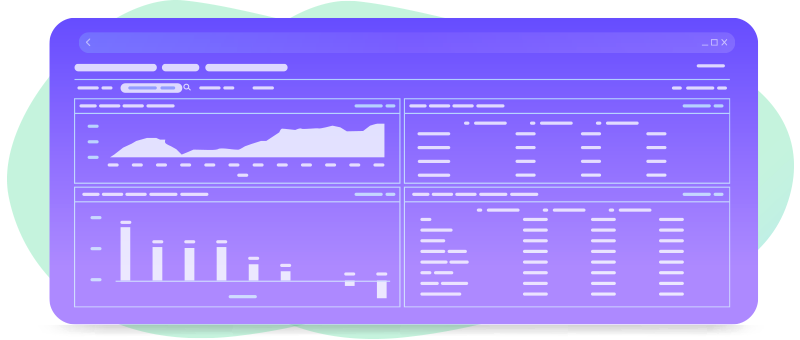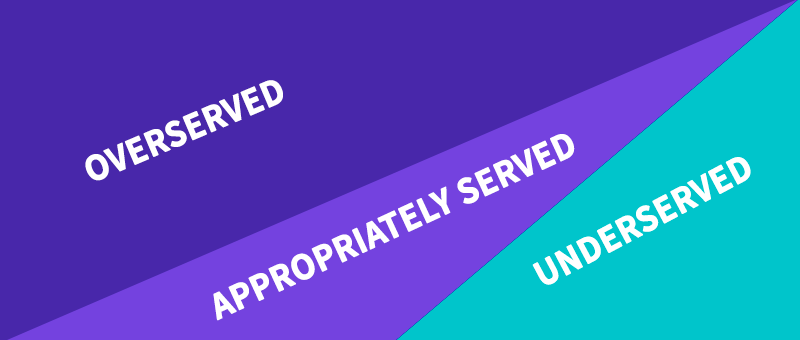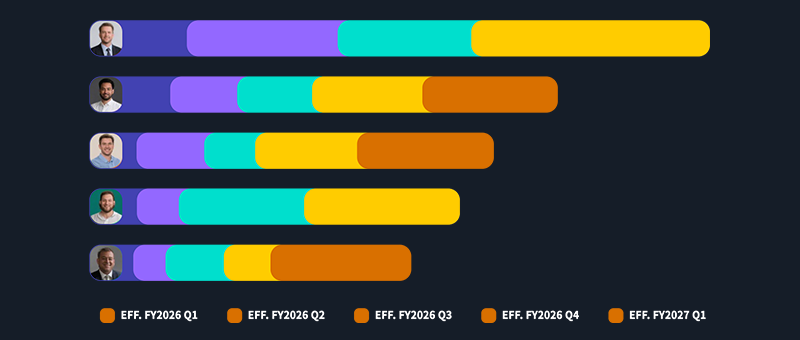Special News
Top 5 auction systems in procurement for boosting efficiency (2025)
2025-06-03
In modern enterprise management, the auction system for procurement has become an important tool for optimizing supply chains, reducing costs, and improving efficiency. Through digital platforms, enterprises can achieve transparent and efficient procurement processes, quickly screen high-quality suppliers, and obtain the best prices. This article will introduce the advantages and precautions of the auction system for procurement, and recommend five easy-to-use systems, including the highly acclaimed 8Manage SRM, to help you choose the right tool and improve your procurement management competitiveness.
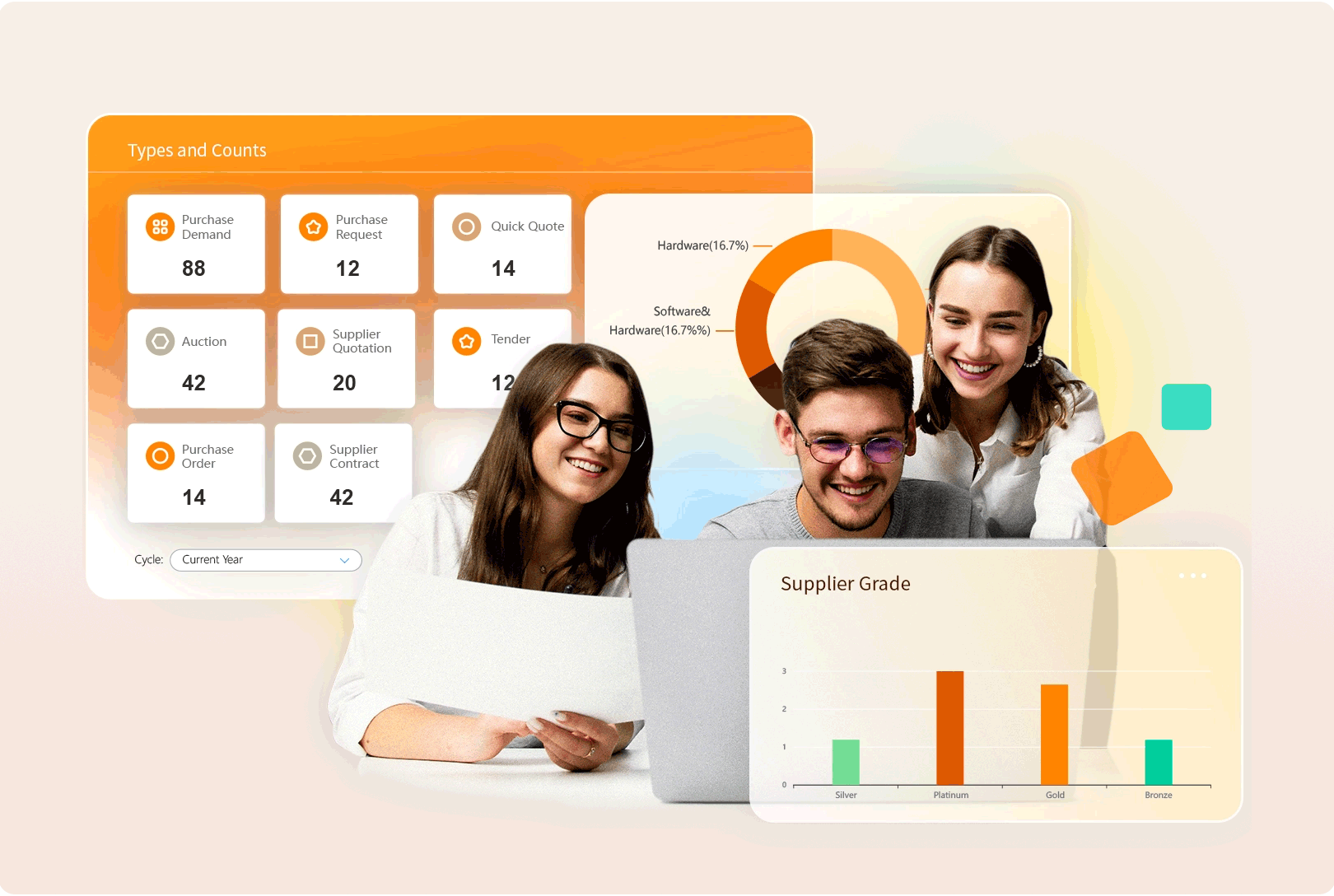
The core advantages of the auction system for procurement
1. Significantly reduce procurement costs: By introducing multiple suppliers to bid online, sufficient market competition is formed, prompting suppliers to offer better prices, thereby directly reducing procurement costs. Various bidding modes such as reverse auctions and Dutch auctions can further stimulate suppliers price reduction potential.
2. Significantly improve procurement efficiency: The system automatically handles the tedious processes of tender release, bid application, price comparison, and bid evaluation, reducing manual intervention and shortening the procurement cycle. Procurement personnel can devote more energy to strategic sourcing and supplier relationship management.
3. Enhance procurement transparency and compliance: All bidding processes are recorded online, the rules are open, and the process is traceable, which effectively avoids secret operations and human interference, ensures the fairness, justice and openness of procurement activities, and meets corporate compliance requirements.
4. Optimize supplier management: The system can accumulate supplier information, historical quotations, performance status and other data, provide an objective basis for supplier evaluation and screening, and help enterprises build a high-quality and stable supplier resource pool.
5. Data-driven decision-making: The large amount of data generated by the bidding system (such as price trends, supplier performance, etc.) provides strong data support for the formulation and optimization of procurement strategies, making procurement decisions more scientific and accurate.
6. Expand the sourcing scope: Online platforms break geographical restrictions, allowing companies to access a wider range of potential suppliers, increase selection opportunities, and discover more competitive supply resources.
Things to note when using the purchasing auction system
1. Clarify bidding rules and subjects: Before initiating a bid, be sure to clearly define the specifications, quantity, quality requirements, delivery deadline, etc. of the procurement subject matter, and formulate detailed and fair bidding rules to ensure that all participants have a consistent understanding.
2. Supplier training and guidance: Ensure that suppliers participating in the bidding are familiar with the systems operating procedures and bidding rules, and provide training and technical support when necessary to ensure a smooth bidding process.
3. Choose the appropriate bidding model: Choose the most appropriate bidding model (such as open bidding, invited bidding, reverse auction, sealed quotation, etc.) according to the characteristics of the procurement category (such as degree of standardization, market supply, etc.).
4. Not a panacea: For some procurement projects that are highly customized, technically complex, or require in-depth cooperation, simple bidding may not be the best choice. It is necessary to combine negotiation, strategic cooperation and other methods.
5. System security and data confidentiality: Choose a safe and reliable system platform to ensure the confidentiality of commercially sensitive information (such as quotations, supplier information) and prevent data leakage.
6. Internal process collaboration: The procurement bidding system needs to be effectively connected with the companys internal financial, inventory, production and other systems to achieve information sharing and process linkage in order to achieve maximum efficiency.
Five auction systems for procurement recommended
1. 8Manage SRM
8Manage SRM is a comprehensive procurement and supplier management platform in China that supports electronic sourcing, price comparison, electronic bidding and auction, covering the entire process from procurement needs to payment settlement.
8Manage SRM s bidding module is powerful and flexible, providing a variety of bidding strategies, such as reverse and forward bidding in English, Dutch and Japanese styles. Its reverse bidding function is particularly suitable for raw material and equipment procurement, which can significantly reduce costs. The system emphasizes the management of the entire procurement life cycle, can directly convert bidding results into electronic contracts, and track subsequent order execution and supplier performance.
In addition, 8Manage SRM provides mobile support, so purchasing staff can manage orders and supplier information anytime and anywhere. The system uses HTTPS encryption and dual authentication to ensure data security. It is suitable for industries such as manufacturing , construction, and energy , and has provided efficient solutions for companies such as Tianjian Group and Xinpeng Co., Ltd.
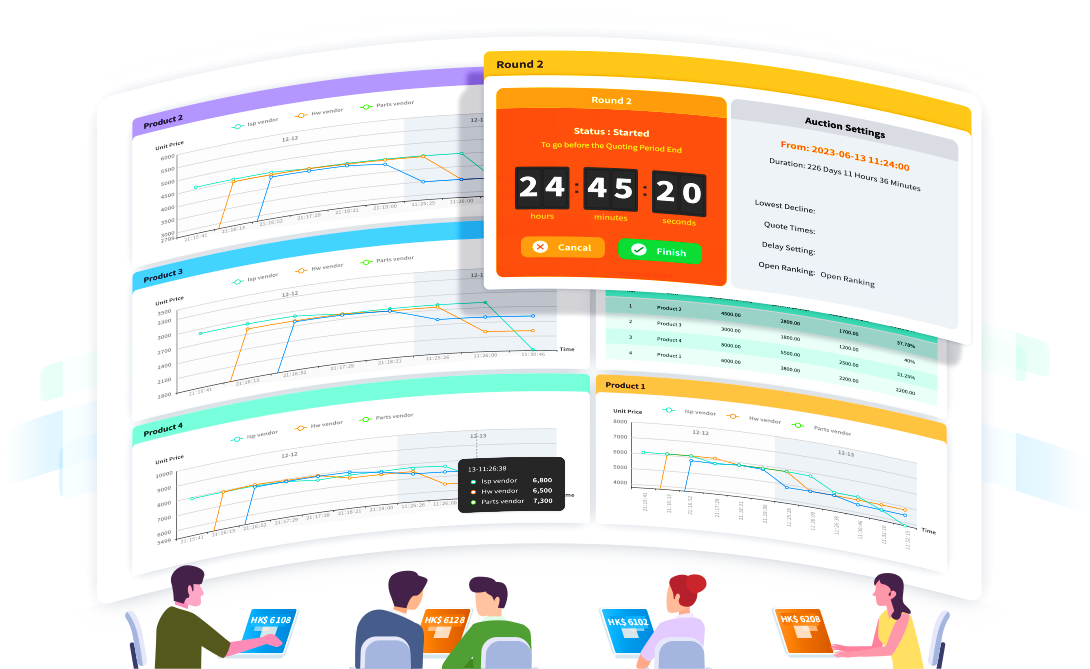
2. SAP Ariba
SAP Ariba is a leading global provider of procurement and supply chain solutions, with a huge global business network, Ariba Network. Its procurement and bidding functions are very mature, supporting the entire process from strategic sourcing, contract management to procurement execution and invoice processing. SAP Ariba can help companies connect with millions of suppliers around the world and achieve efficient online bidding and bidding. It is particularly suitable for large multinational companies seeking global procurement and needing to collaborate with a large number of international suppliers. Its powerful analytical functions and supply chain collaboration capabilities can bring significant procurement value and efficiency improvements to companies.
3. Coupa
Coupa is known for its "business spend management" platform, which emphasizes visibility and control over all corporate expenditures. Its procurement bidding solution is designed to be intuitive and easy to use, focusing on improving user experience and rapid value realization. The system supports real-time bidding, contract management and spend analysis, helping companies respond quickly to market changes. Coupas community intelligence function can share supplier data and optimize sourcing efficiency. Its open API facilitates integration with other ERP systems. However, the system is less customizable and may not fully meet the needs of specific industries. It is suitable for medium-sized enterprises that pursue simplicity and efficiency, especially in the retail and service industries.
4. Oracle Procurement Cloud
Oracle Procurement Cloud is favored for its powerful integration capabilities and data analysis functions. The system supports multi-round bidding, electronic bidding and supplier portals, and provides full process management from sourcing to payment. Its built-in predictive analysis tools can optimize procurement decisions and reduce risks. Oracle Procurement Cloud is seamlessly integrated with Oracle ERP and is suitable for companies that already have an Oracle ecosystem. However, the system deployment cycle is long and the initial investment is high. It is suitable for large companies in the manufacturing and financial industries.
5. Jaggaer
Jaggaer is a flexible procurement bidding system that focuses on electronic sourcing and supplier management. The system supports reverse bidding, RFP/RFQ management and performance tracking, helping companies achieve cost savings. Its modular design allows users to customize functions according to their needs, with high flexibility. Jaggaers global supplier database facilitates cross-border procurement, but the system has a steep learning curve and requires professional training. It is suitable for companies that require a high degree of customization, especially in the energy and pharmaceutical industries.
Conclusion
The procurement bidding system is an important tool for the digital transformation of enterprises. It can effectively improve procurement efficiency, reduce costs and optimize supplier management. Whether it is the comprehensive Chinese brand 8Manage SRM, or international brands such as SAP Ariba and Coupa, each system has its unique advantages. When choosing, enterprises should consider the systems functionality, ease of use and security in combination with their own scale, industry characteristics and budget. Take action now and introduce a suitable procurement bidding system to inject new competitiveness into your enterprise .
Frequently asked questions
1. Which companies are suitable for the auction system for procurement?
The procurement bidding system is suitable for enterprises that need frequent procurement and complex supplier management, such as manufacturing, construction, and retail industries. Small and medium-sized enterprises can choose lightweight systems such as Coupa or 8Manage SRMs bidding module , while large enterprises can consider SAP Ariba or Oracle . 8Manage SRM is also suitable for medium and large enterprises .2. How to ensure the security of the auction system for procurement?
Choose a system that supports HTTPS encryption, two-factor authentication, and audit trails, such as 8Manage SRM. Regularly update system permissions, limit access to sensitive data, and train employees to prevent phishing attacks.3. How long does it take to implement an auction system for procurement?
The implementation cycle varies depending on factors such as system complexity, enterprise size, data migration volume, and customization requirements. For standardized SaaS products, it may take a few weeks to one or two months to go online . For example, the bidding module of 8Manage SRM can be launched in as little as one week . For large systems with comprehensive functions that require deep integration and customization, it may take three to six months or even longer. The key lies in sufficient planning in the early stage and close cooperation between the two parties.
Most popular

How IPD drives product R&D toward commercial success

Top procurement management systems to elevate your business in 2025

Are your project managers ready for AI?
Related articles
5 Key Innovations in Digital Procurement Software
2025-08-08
Efficient Large Equipment Procurement in Machinery Manufacturing: Process & Tips
2025-08-07
2025 Procurement Software: Top 10 SRM Systems Reviewed
2025-08-01
What is a PO and its role in enterprise procurement?
2025-08-01
8Manage SRM vs SAP vs YonBIP: Best enterprise procurement software
2025-06-13
Previous Article >
8Manage PM vs Trello vs Lark: Best enterprise project management
8Manage PM vs Trello vs Lark: Best enterprise project management







